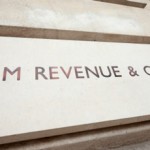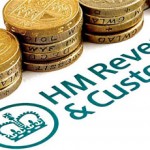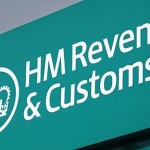Accountants could face tax evasion charges

The chief secretary to the Treasury, Danny Alexander, has called for organisations including accountants, to be prosecuted if they facilitate tax evasion by their clients.
The Lib-Dem minister wants to push through new legislation before the general election on 7 May to make the support of tax evasion a specified crime.
But do we actually need more laws in this area?
The Government is proud that is has already changed the tax legislation 42 times since it came into power in 2010 to counteract tax evasion and to discourage tax avoidance. One of the most recent innovations in this area is the Promoters of Tax Avoidance Schemes (POTAS) rules, which were introduced by Finance Act 2014, Pt 5, Schs 34-36.
In practice the POTAS regime has only just come into effect as guidance on the application of those rules was published on 12 February 2015, although the commencement date for the legislation was 17 July 2014.
The POTAS regime is aimed at tax scheme promoters. These are essentially firms or individuals who are responsible for the design, organisation or management of the tax scheme, or who market the scheme to the client. However, the HMRC guidance is clear that where an adviser offers independent tax advice on a discrete element of the scheme, without knowledge of the whole, that adviser will not be defined as a “promoter”.
HMRC can issue conduct notices to scheme promoters who meet certain threshold conditions, and to monitor those who breach a conduct notice. There is no right of appeal against a conduct notice, which can last up to two years.
If the conduct notice is breached, HMRC can ask the first tier tribunal to issue a monitoring notice for the scheme promoter. Failure to comply with the conditions of a monitoring notice can generate fine of up to £1m per failure per client. Those subject to a monitoring notice can also be convicted of a criminal offence if they conceal, destroy or dispose of documents.
Most high-street accountants wouldn’t fall into the definition of promoter, but they could be defined as an “intermediary” – someone who sits between the promoter and the client. The guidance says this is someone who “typically provides the client with information and other support in relation to the scheme”.
A promoter who is subject to a conduct notice is required to provide adequate information to an intermediary about tax schemes it promotes. If the promoter fails to provide information to HMRC when requested, HMRC can ask the intermediary to provide that information. Failure to provide information to HMRC can result in penalties.
So we already have a system that penalises accountants if they get mixed up with tax scheme promoters, and provides criminal sanctions for scheme promoters who break conditions set down by HMRC.
What’s more, as David Winch has pointed out there are existing offences of “conspiracy to defraud” and “cheating the public revenue”. In addition intentionally encouraging or assisting an offence is already an offence under Part 2, Serious Crime Act 2007.
Source: accountingweb – Accountants could face tax evasion charges





























